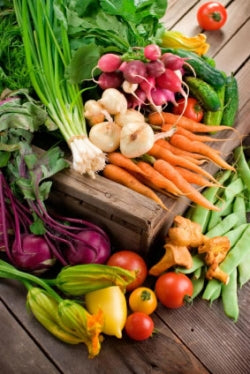Are you one of the nine million Americans who started their first vegetable garden this year? If you're feeling a little left out, here is what you need to know to get started:

Organic gardening doesn't require a green thumb, but it does require attention. Keep an eye out for early signs of insect or disease damage, and soon you'll have a healthy and bountiful organic vegetable garden.
Finding the right location will make all the difference.
- Choose a site that has as much direct sunlight as possible (6-8 hours of sunlight during your main grow season).
- Flatten your garden bed to avoid water collection. A soggy site will take longer to dry and is subject to rotted plant roots during grow season.
- If you're at the mercy of high winds, position your garden by a wall or structure that will protect it.
- Also consider your proximity to water, tools and compost. Make it easier on yourself and don't tote your tools around.
Start with a good foundation. A recent study from the Swiss Federal Institute of Technology in Zurich found plants can absorb vitamins from soil and that using manure as a fertilizer can boost a crop's vitamin B12 level. Learn about the type of soil and how well it drains. You may also want to have your soil tested to see which nutrients are deficient.
Opt for organically-grown and GMO-free plants and seeds; conventionally-grown plants are already loaded with pesticides and chemicals. Also be sure to do your research to ensure that you're giving your vegetables the right amount of water and nutrients. Then you'll be on your way to a homegrown harvest.
 Organic gardening doesn't require a green thumb, but it does require attention. Keep an eye out for early signs of insect or disease damage, and soon you'll have a healthy and bountiful organic vegetable garden.
Finding the right location will make all the difference.
Organic gardening doesn't require a green thumb, but it does require attention. Keep an eye out for early signs of insect or disease damage, and soon you'll have a healthy and bountiful organic vegetable garden.
Finding the right location will make all the difference.



Leave a comment